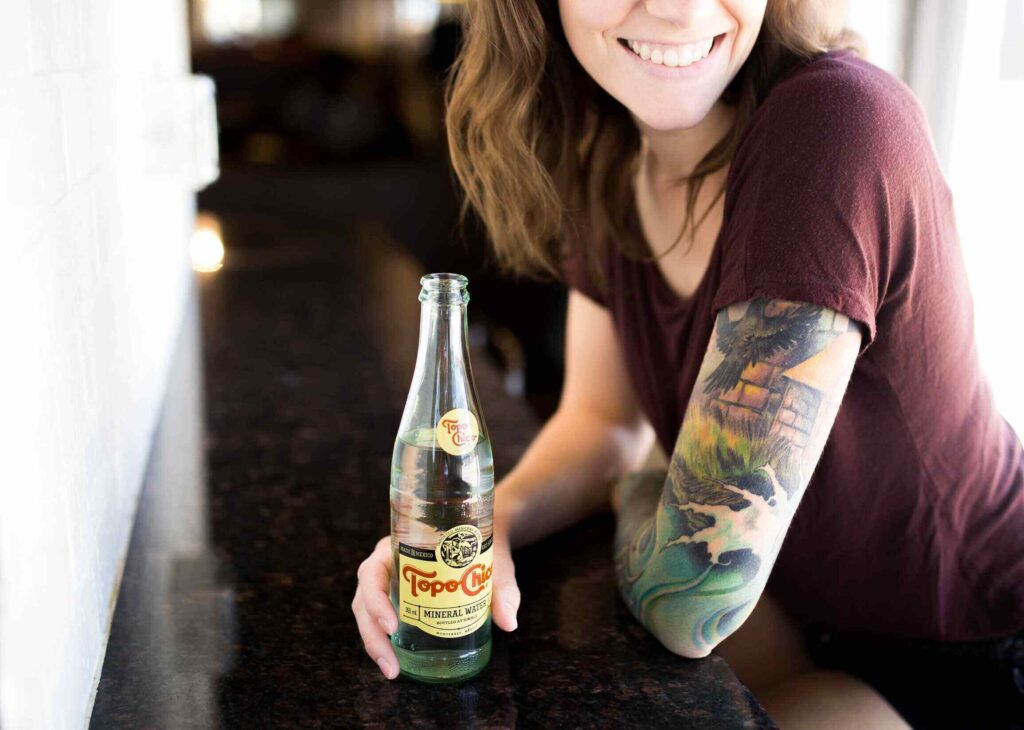5WPR Insights
Why the Alternative Beverage Industry is Booming
The alternative beverage industry is booming. It has changed the way consumers view their drink options. This growth is due to health-conscious consumers, changing diets, and a focus on sustainability.
Soda replacements
Health-conscious consumers have targeted traditional carbonated soft drinks due to their high sugar and artificial ingredient content. As a result, a variety of soda replacements have emerged. These alternatives include flavored sparkling water, sugar-free sodas sweetened with plant-based options like stevia, and kombucha, a fermented tea with probiotic benefits. Soda replacements are popular because they have less sugar and offer unique flavors. Brands in this category often experiment with exotic fruits, botanical infusions, and innovative sweeteners to cater to diverse preferences.
Dairy replacements
The dairy industry is experiencing a significant shift. Many consumers are choosing dairy replacements for health concerns, lactose intolerance, or ethical reasons. Plant-based milk alternatives like almond milk, soy milk, oat milk, and coconut milk are becoming increasingly popular. These alternatives are lower in calories and offer added vitamins and minerals. They are often fortified to match the nutritional profile of traditional dairy milk. As a result, consumers can confidently enjoy milk alternatives in their coffee, cereal, and baking.
Changing dietary preferences
Changing dietary preferences are another driving force behind the booming alternative beverage industry. Dietary choices such as veganism, vegetarianism, and flexitarianism have become increasingly common, leading to a surge in demand for plant-based and dairy-free options.
Vegan and vegetarian diets
Vegans and vegetarians, who exclude animal products from their diets, often turn to alternative beverages as a source of essential nutrients. This has led to the growth of fortified plant-based milk alternatives, which provide vitamins like B12 and calcium, traditionally found in dairy products.
Sustainability and ethical considerations
Consumers are looking for sustainable and ethical alternatives to traditional beverage industries. Animal-based dairy production has a significant ecological footprint due to factors such as land use, water consumption, and greenhouse gas emissions.
Reduced carbon footprint
Plant-based beverages, including dairy replacements, generally have a lower carbon footprint compared to their animal-based counterparts. Producing ingredients like almonds or oats typically requires fewer resources than raising cattle for milk production.
Ethical considerations
Ethical considerations, such as animal welfare and cruelty-free practices, play a significant role in the choices consumers make. Plant-based alternatives align with these ethical concerns by eliminating the need for animal farming in beverage production.
Innovation and product diversity
The alternative beverage industry thrives on innovation and product diversity. Companies continuously experiment with ingredients, flavors, and formulations to cater to a wide range of consumer preferences.
Nutrient-enhanced beverages
Beyond traditional milk and soda replacements, nutrient-enhanced beverages are on the rise. These include protein-fortified shakes, superfood smoothies, and functional beverages designed to support specific health goals.
Eco-friendly packaging
Sustainability extends beyond product ingredients to packaging. Many alternative beverage brands prioritize eco-friendly packaging solutions, such as recyclable bottles and cartons. This commitment to sustainability resonates with environmentally conscious consumers.
Read more from Ronn Torossian:
Ronn Torossian on Forbes
Ronn Torossian on Website Magazine
Ronn Torossian on Sound Cloud
Ronn Torossian on Entrepreneur
